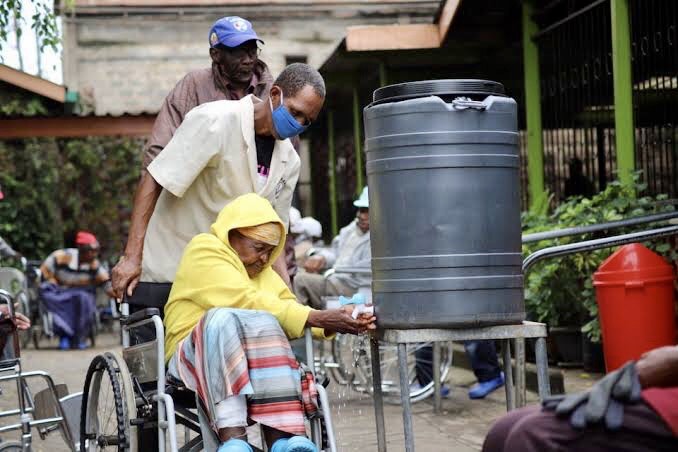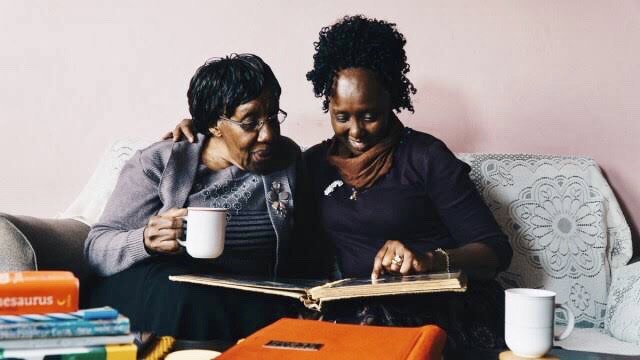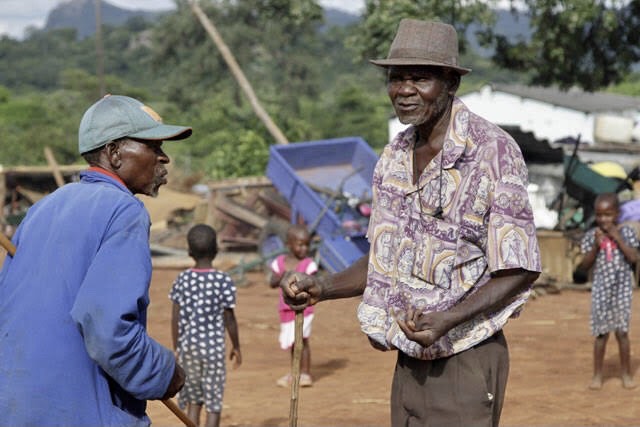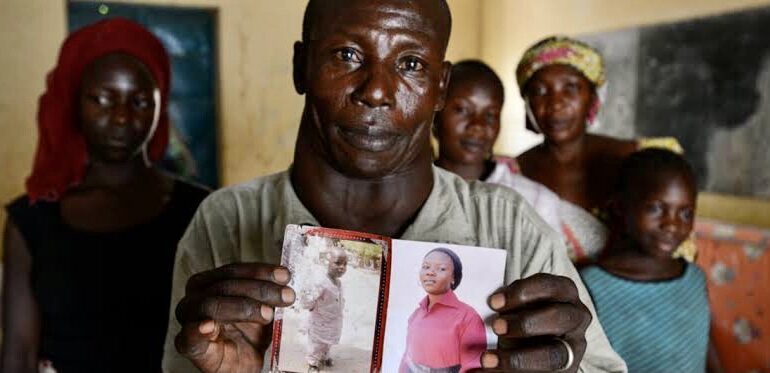
By Faith Nyasuguta
Forgetting to wear a pair of socks could show a slight level of disorganization or normal aging. However, forgetting how to wear socks or how to wear them is serious and could be pointing to early-stage dementia.
Dementia refers to progressive deterioration of brain functioning that leads to forgetfulness, poor communication, and even impaired thinking.
Despite the development of this condition increasing with age, it is not a normal part of aging. A fresh study reveals that many Kenyan health workers cannot properly diagnose the early signs of dementia.
Following this, affected Kenyans will generally have worse lifestyles than they would if the symptoms were detected early.
“We found a general lack of knowledge of dementia amongst family carers, healthcare professionals, and the general public,” a paper published by the Nairobi-based Africa Mental Health Research and Training Foundation said.
The scientists were looking into the attitudes towards dementia and related care in rural areas of Kenya.
Their findings, dubbed “Perceptions and experiences of dementia and its care in rural Kenya”, reveal that Kenya, just like other nations, poorly understands what dementia is and the condition is often dismissed as senility.
Dementia lacks a cure but early diagnosis will see a person benefit from the options in place to manage symptoms and boost the quality of life.
“The combination of poor awareness and ill-equipped healthcare systems leads to stigma manifested in the form of patchy diagnostic pathways, neglect, and abuse,” the paper, published in the Health and Nursing Journal in April says.

During the research, 38 people including caretakers of people living with dementia, health care workers, and the general public were placed into group discussions.
“Across the three participant groups, a total of four themes were identified: negative stereotypes of dementia, limited knowledge about dementia, diagnostic pathway and neglect and abuse,” the authors say.
They proposed that the local governments should take advantage of the existing family and community-based systems to enhance the understanding of dementia countrywide.
The most common form of progressive disease that harms memory and other key mental functions is Alzheimer’s disease.
The World Health Organisation says that Kenya is among the many African nations that lack a national policy on dementia. The burden of the disease is set to rise since more people are living into old age.
The number of old people has been growing at an average annual rate of 2.56 per cent in Kenya because of better healthcare and higher standards of living.
In 2020, for instance, the population aged 65 years and above in Kenya was 1.3 million people, compared to 393,000 people in 1971.

A recent Global Status Report on The Public Health Response to Dementia, released last by WHO weeks ago, confirms that the burden of dementia is rising globally.
“It is estimated that in 2019, 55.2 million people worldwide were living with dementia… there will be about 78 million people with dementia worldwide in 2030 and about 139 million in 2050,” the report says.
For those aged 60 years and older, dementia is ranked among the top ten causes of years of healthy life lost due to disability.




